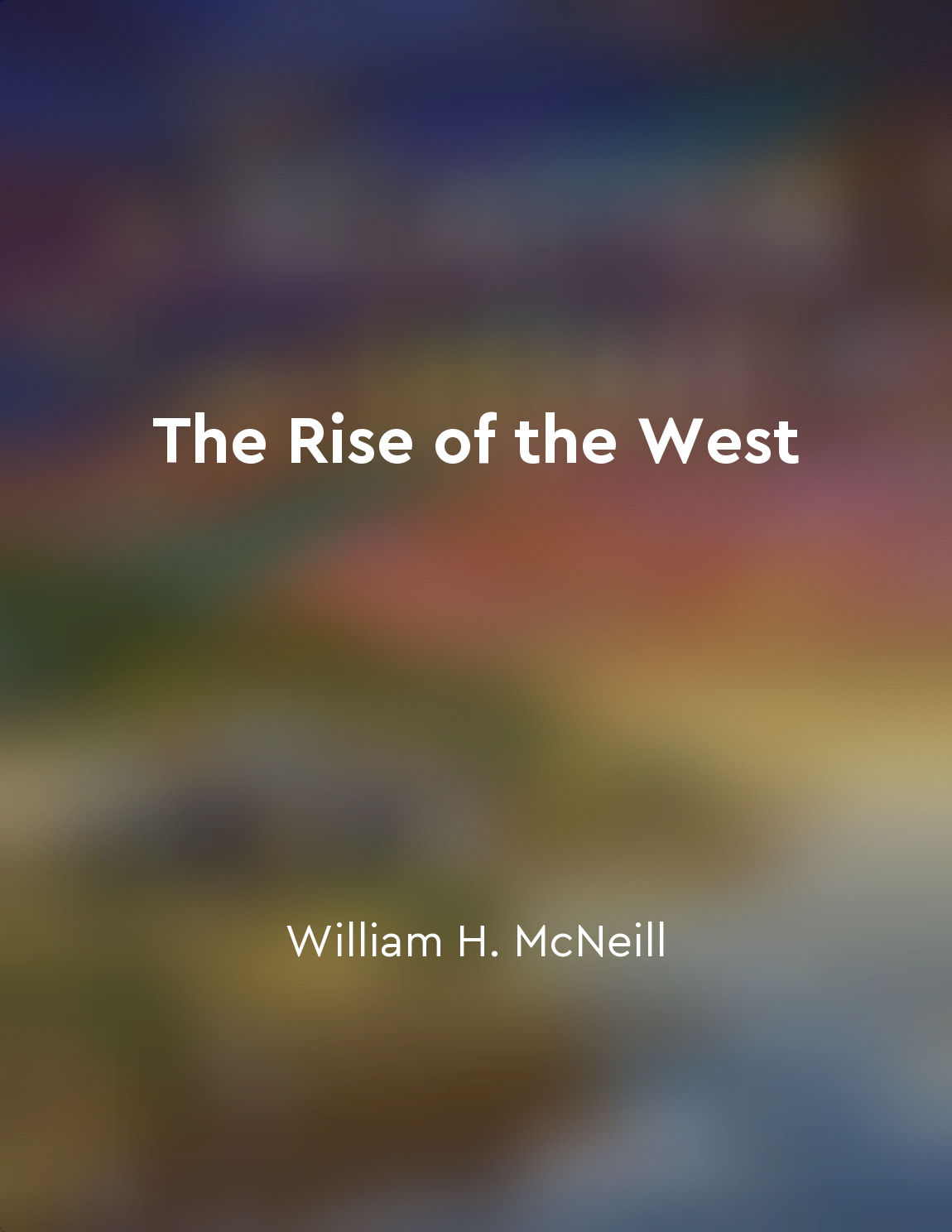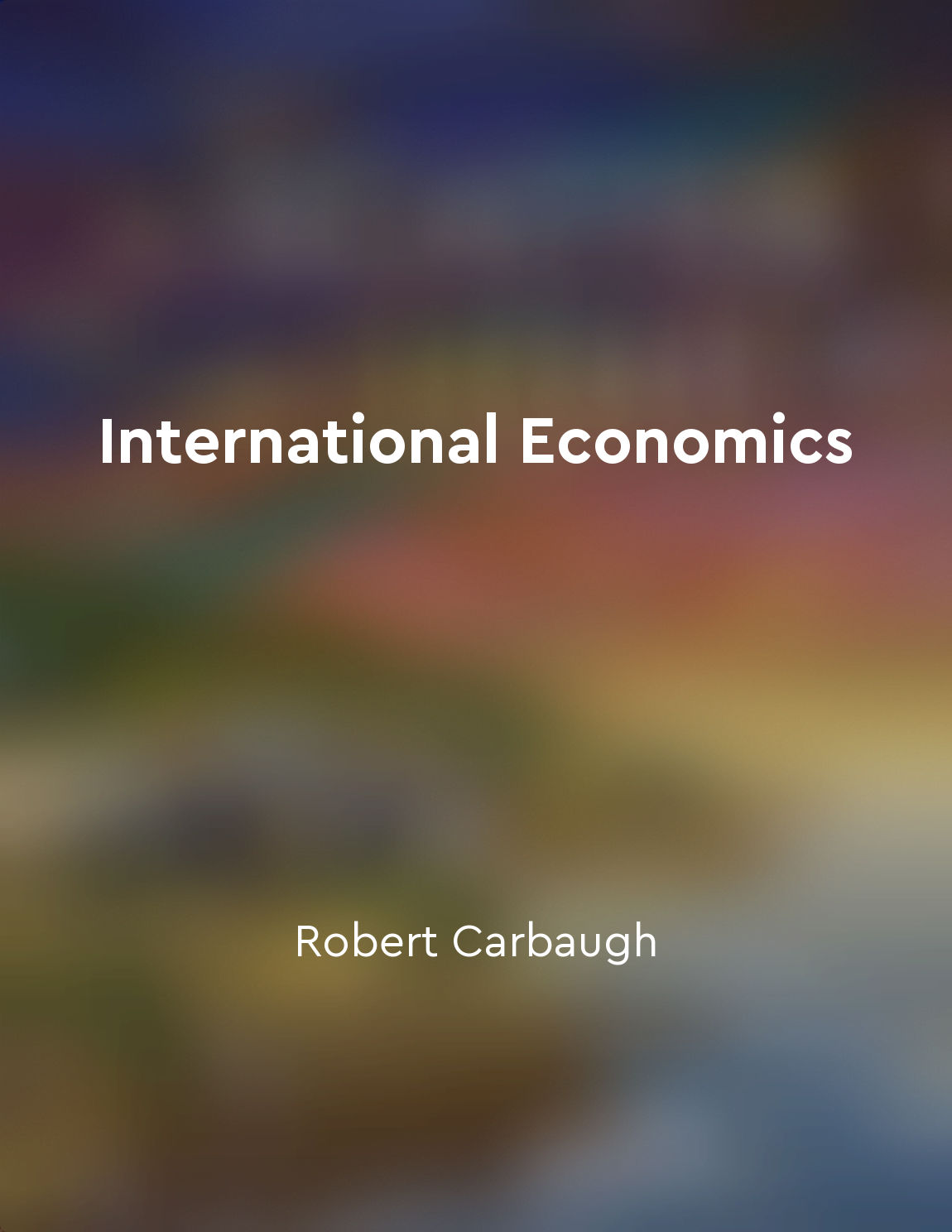Economic development contributes to peace from "summary" of Peace Process by William B. Quandt
Economic development has often been seen as a crucial factor in promoting peace within societies. The logic behind this argument is straightforward: when people have access to economic opportunities and can provide for their families, they are less likely to engage in conflict. Poverty and economic inequality, on the other hand, can breed discontent and frustration, which may lead to violence and instability. In conflict-affected regions, economic development can help rebuild shattered economies, create jobs, and foster stability. By investing in infrastructure, education, and healthcare, countries can lay the foundation for long-term peace and prosperity. Economic growth can also reduce the appeal of extremist ideologies and help integrate marginalized groups into society. Moreover, economic interdependence between countries can promote peaceful relations by creating mutual benefits and incentives for cooperation. Trade and investment can build bridges between nations, reduce the likelihood of conflict, and promote a shared interest in maintaining stability. In this way, economic development can serve as a powerful tool for building peace both within and between nations. However, it is important to note that economic development alone is not a panacea for all conflicts. In some cases, economic growth can exacerbate existing tensions and inequalities, leading to further instability. Therefore, economic development must be accompanied by effective governance, rule of law, and social policies to ensure that the benefits are shared equitably and sustainably.- The relationship between economic development and peace is complex and multifaceted. While economic growth can certainly contribute to peace by addressing root causes of conflict and promoting cooperation, it is not a guaranteed solution. Nevertheless, investing in economic development remains a crucial component of any comprehensive strategy for building and maintaining peace in the world.
Similar Posts

Global interconnectedness impacts societal development
The interconnectedness of global societies has played a crucial role in shaping the development of civilizations throughout his...
Explore the evolution of art and culture across different regions
The history of art and culture is a tapestry woven with threads of creativity, innovation, and tradition. As we journey through...
Balance of payments reflects trade balance
The balance of payments is a crucial indicator of a country's economic health, as it provides a comprehensive overview of all i...
Energy is fundamental to all processes
Energy is the master resource that powers everything we do, from lighting our homes to growing our food and fueling our transpo...

Environmental regulations shape trade policies
Environmental regulations play a significant role in shaping trade policies between countries. These regulations are put in pla...
Education is essential for good citizenship
In order to understand the importance of education in creating good citizens, we must first consider the nature of citizenship ...
Pakistan must assert itself on the global stage
Pakistan is a nation with a rich history and a promising future. However, in order to truly thrive on the global stage, it must...
Corporate social responsibility is not enough
Many people believe that the solution to the problems of capitalism lies in making corporations more socially responsible. They...
The impacts of globalization on South Asia are varied and farreaching
Globalization has had a significant impact on South Asia, with effects that are diverse and widespread. The interconnectedness ...

The end of the Cold War did not bring peace
The collapse of the Soviet Union in 1991 did not, as many had hoped, bring an end to conflict and violence around the world. In...

